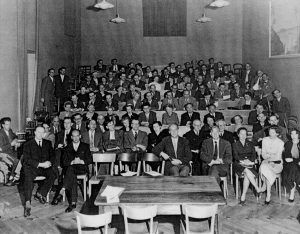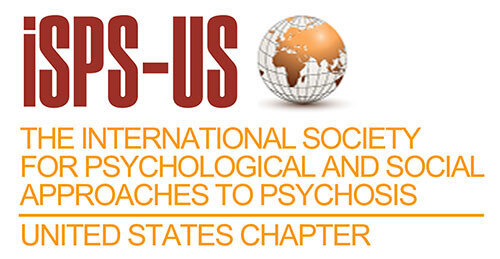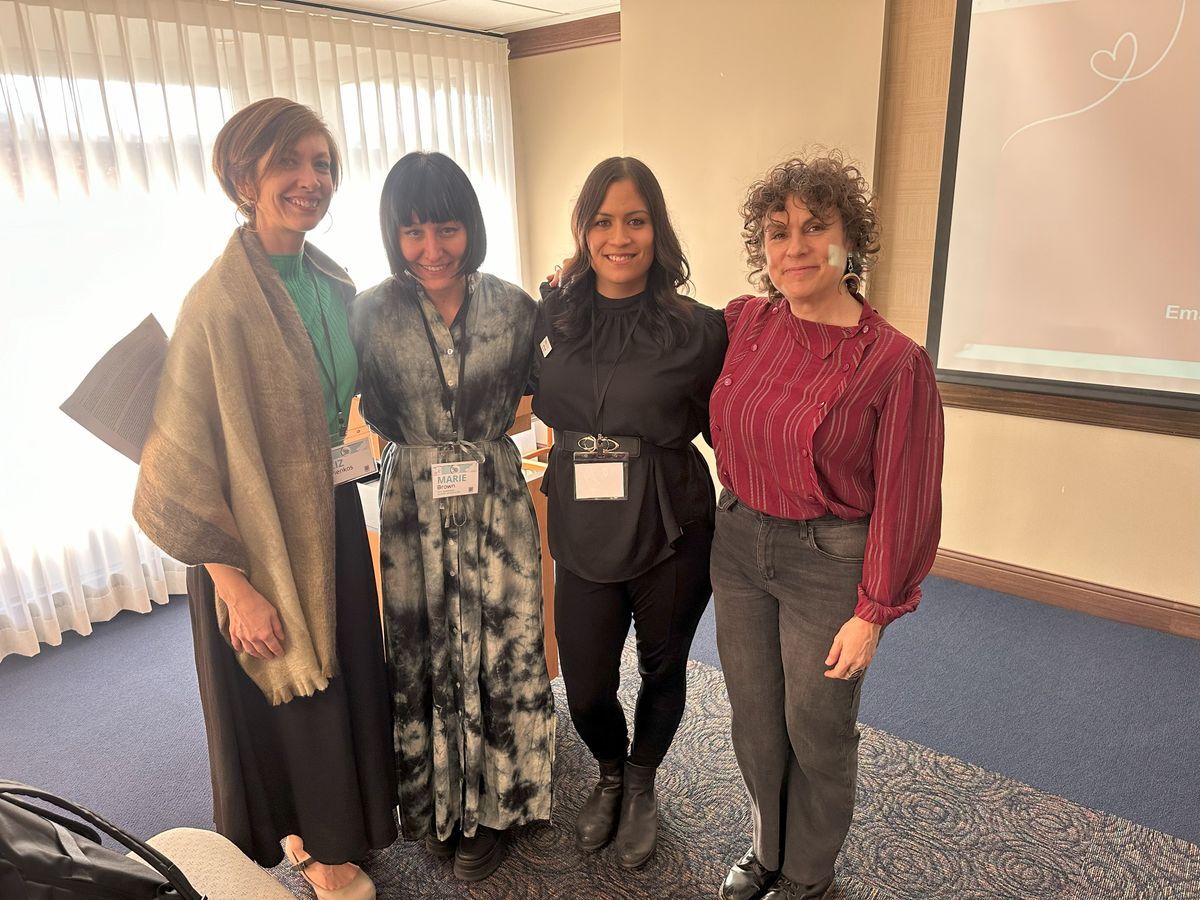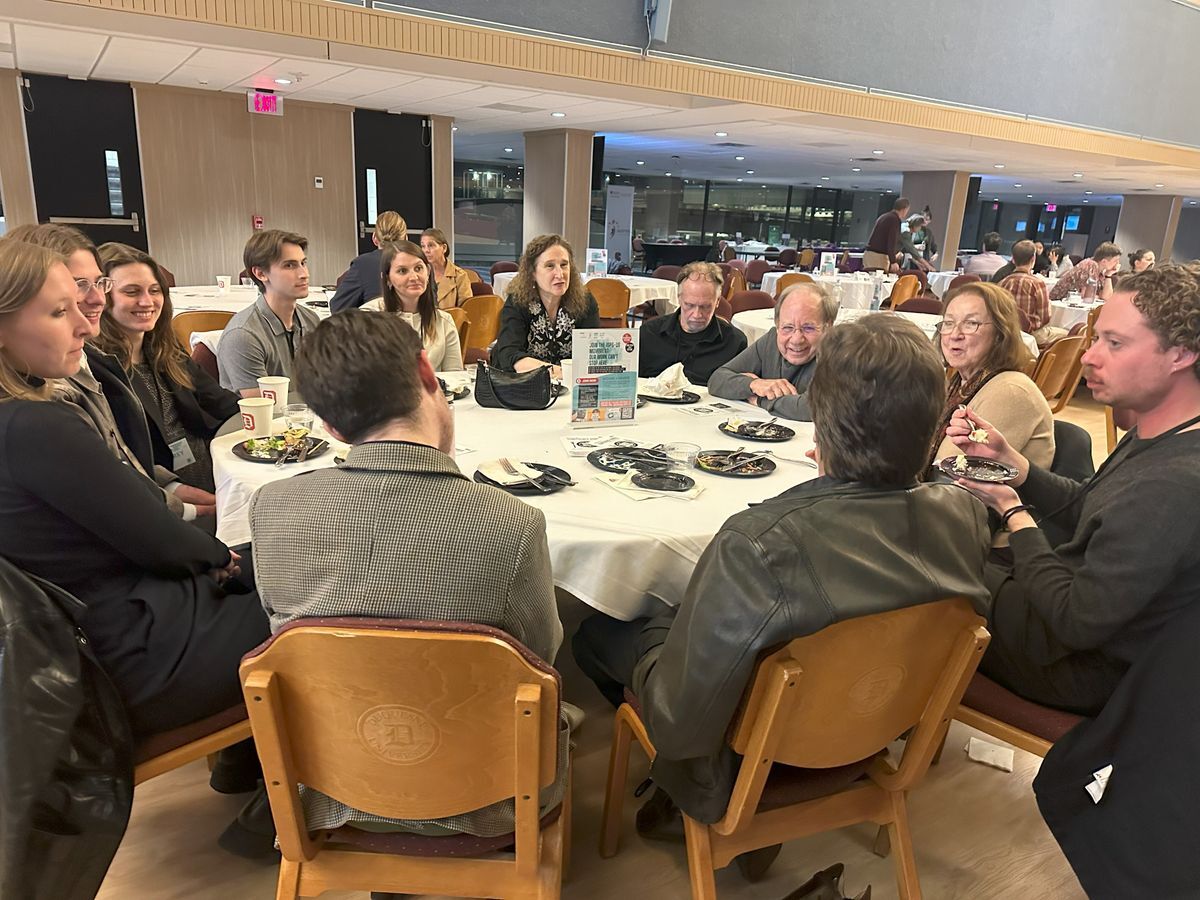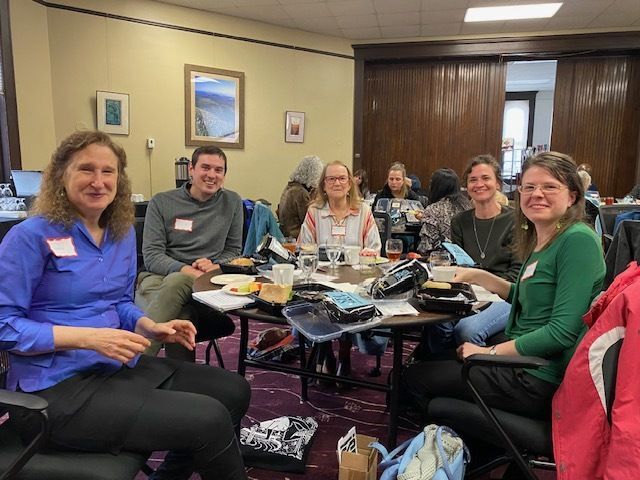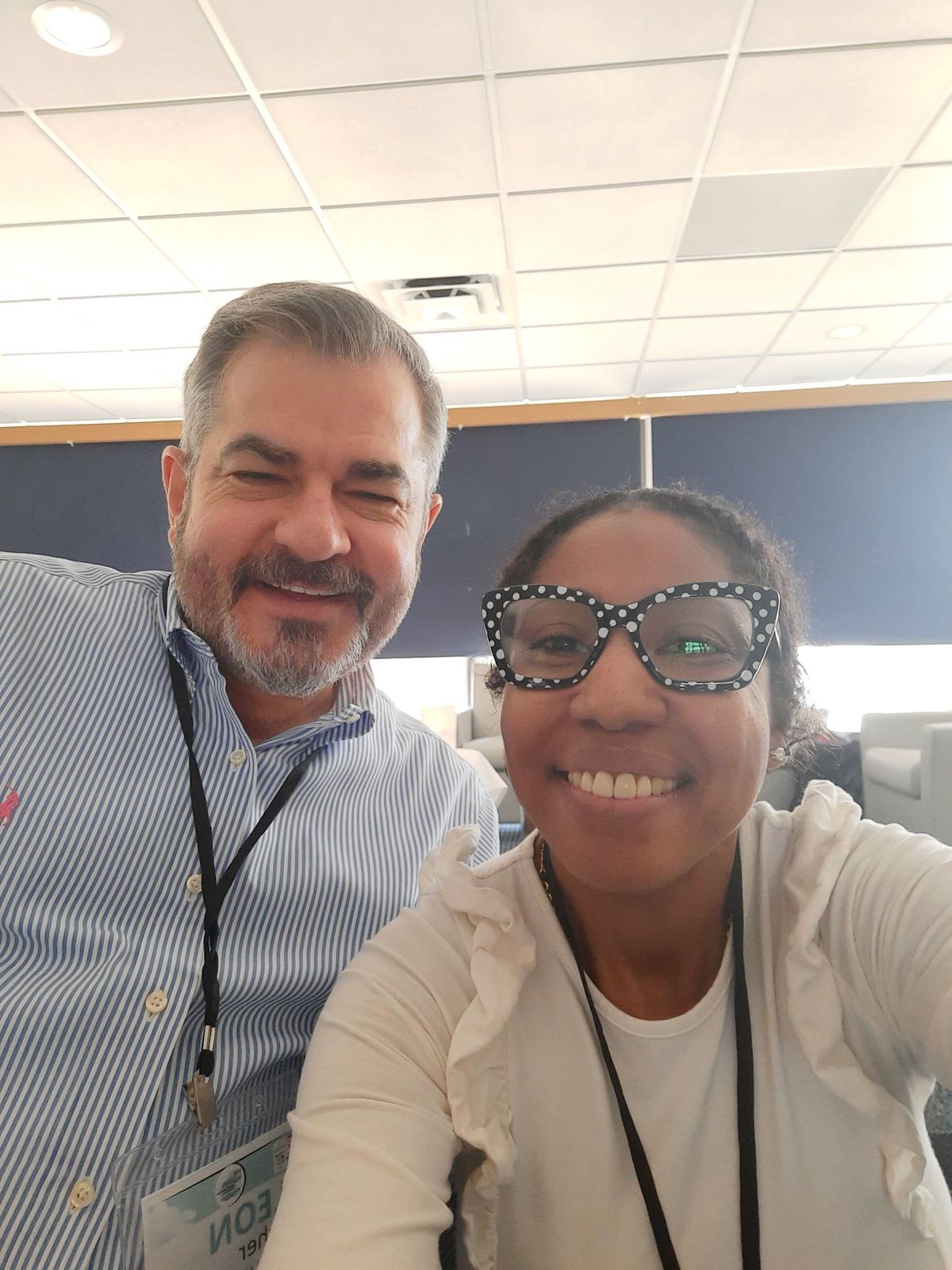We are redefining psychosis. We are reimagining mental health care. We are ISPS-US.
Mission
ISPS-US promotes psychological and social approaches to states of mind often called "psychosis" by providing education, training, advocacy, and opportunities for dialogue between service providers, people with lived experience, family members, activists, and researchers.
View our organizational principles to learn more about what drives our work.
What does ISPS-US do?
ISPS-US provides educational opportunities, including conferences and online webinars. We advocate for issues related to psychological, social, and rights-based approaches to psychosis. We are a membership organization that provides community-building discussion and peer-reflection groups, networking opportunities, and mutual support to those who share our vision for a future of transformative mental health care.
ISPS-US welcomes all those interested in psychological and social approaches to psychosis: nurses, psychiatrists, psychologists, social workers, art therapists, occupational therapists, psychotherapists, academics, students, managers, and individuals with lived experience of psychosis or unusual/extreme states. We additionally welcome family members, friends, and others who have been affected by such experiences. We believe our mission will be best accomplished when people of diverse backgrounds, experiences, and perspectives work together to achieve mental health transformation. Please consider joining us!
ISPS-US History
ISPS was founded in 1956 by pioneering Swiss psychiatrists Christian Müller and Gaetano Benedetti, who were dissatisfied with the prevalent treatment of psychosis. A human rights movement, ISPS recognized the harm done within the asylums of the time and sought to bring together practitioners worldwide at international symposia to exchange ideas for humane and inclusive alternatives. During these early years, the ISPS acronym stood for the International Symposium for the Psychotherapy of Schizophrenia; however, in March 2012, ISPS members voted to remove the word Schizophrenia from the name of the organization. There are now ISPS chapters in 19 countries across five continents, organizing locally and benefitting from the worldwide network to harness ideas for transformation and change.
David Feinsilver, M.D., a longtime Chestnut Lodge medical staff member, launched the United States chapter of ISPS in 1998, aiming to join with other professionals and lay people to promote the humane, comprehensive, and in-depth treatment of psychosis. By October of 1999, ISPS-US held our first annual meeting, at the Washington School of Psychiatry. Curious to learn more about our history? Visit ISPS International.
